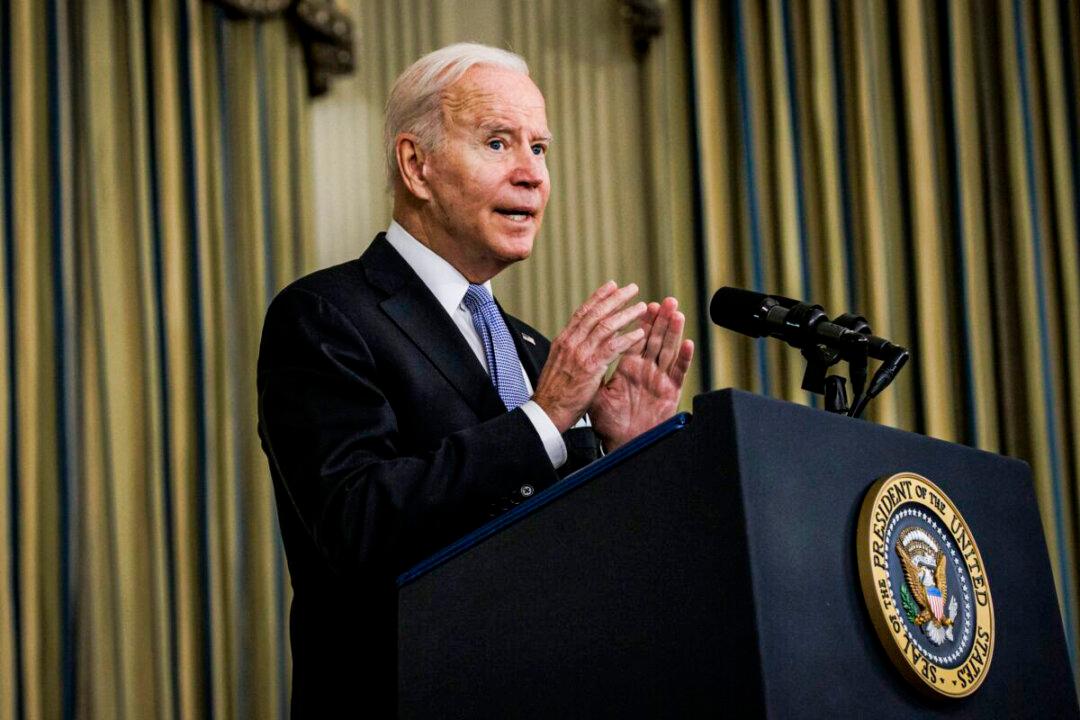Commentary
“Never interfere with your enemy when he is making a mistake,” is one of Napoleon Bonaparte’s contributions to military strategy. But China is doing one turn better, loudly advocating for President Joe Biden to make a crucial strategic nuclear mistake, perhaps to be included in the next Nuclear Posture Review due in early 2022.





